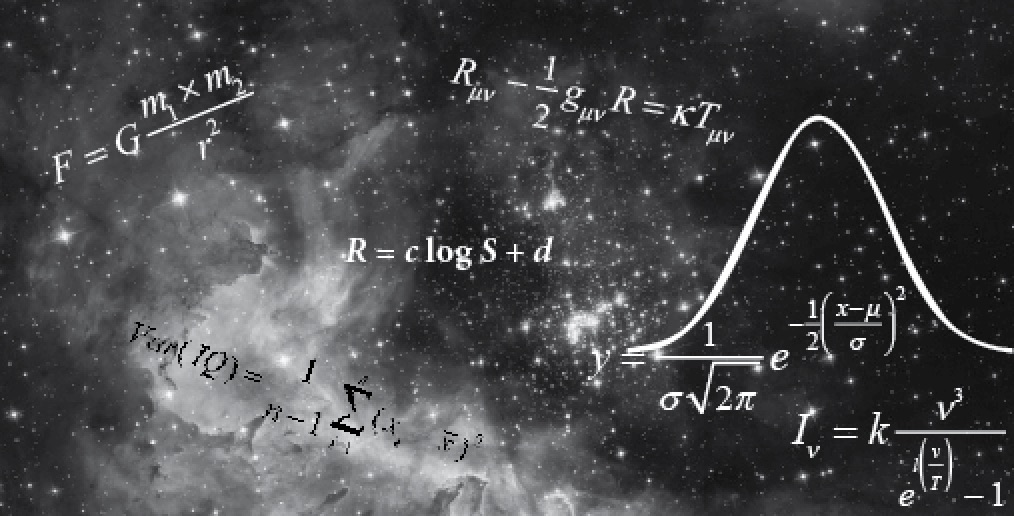
There are many cases in the history of science and technology in which ignorance has been more beneficial than knowledge (rather than intelligence), because our “knowledge” is often incomplete or flawed.
A dramatic example of this occurred when Einstein was formulating his field equations for his General Theory of Relativity. His original equations, expressed as a single equation using a metric tensor g was
However, this equation implied that the universe was either expanding or contracting. Yet, current “knowledge” in 1917 asserted that the universe is static and unchanging. To make the equation conform to this “knowledge,” Einstein added another term to the left side of the equation containing a cosmological constant times the metric tensor.
When it was observed in 1929, through the analysis of Doppler shifts in light from distant stars, that the universe was expanding, Einstein removed the cosmological constant from his field equation, restoring it to its original form and declaring its introduction as the biggest blunder of his life.
Recently our “knowledge” has been updated, as our observations of distant supernovae are indicating that the universe is expanding at an accelerated rate. This has prompted physicists to reintroduce the cosmological constant.
The “takeaway message” is that all knowledge is provisional. It’s true until we find it needs refinement and accepting current knowledge as irrefutable can make us more vulnerable to error than pure ignorance.
In 1966, Nobel laureate Richard Feynman, whose lectures in physics are regarded as classics in content and pedagogy, addressed the National Science Teachers’ Association. In reminding them to continue questioning scientific “truths,” he said:
Learn from science that you must doubt the experts. As a matter of fact, I can also define science another way: Science is the belief in the ignorance of experts… I am trying to inspire the teacher at the bottom [of the educational hierarchy] to have some hope, and some self-confidence in common sense, and natural intelligence. The experts who are leading you may be wrong.
